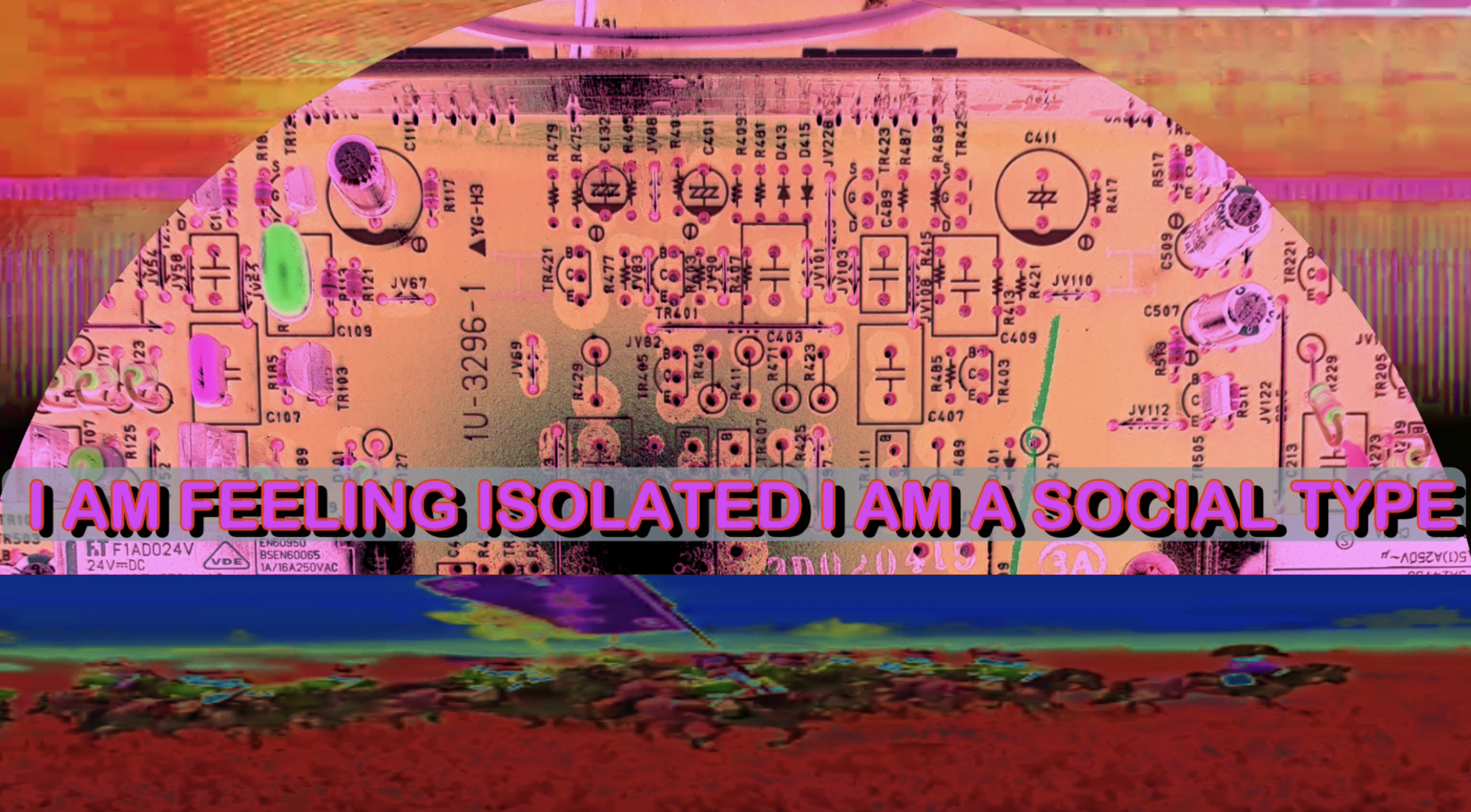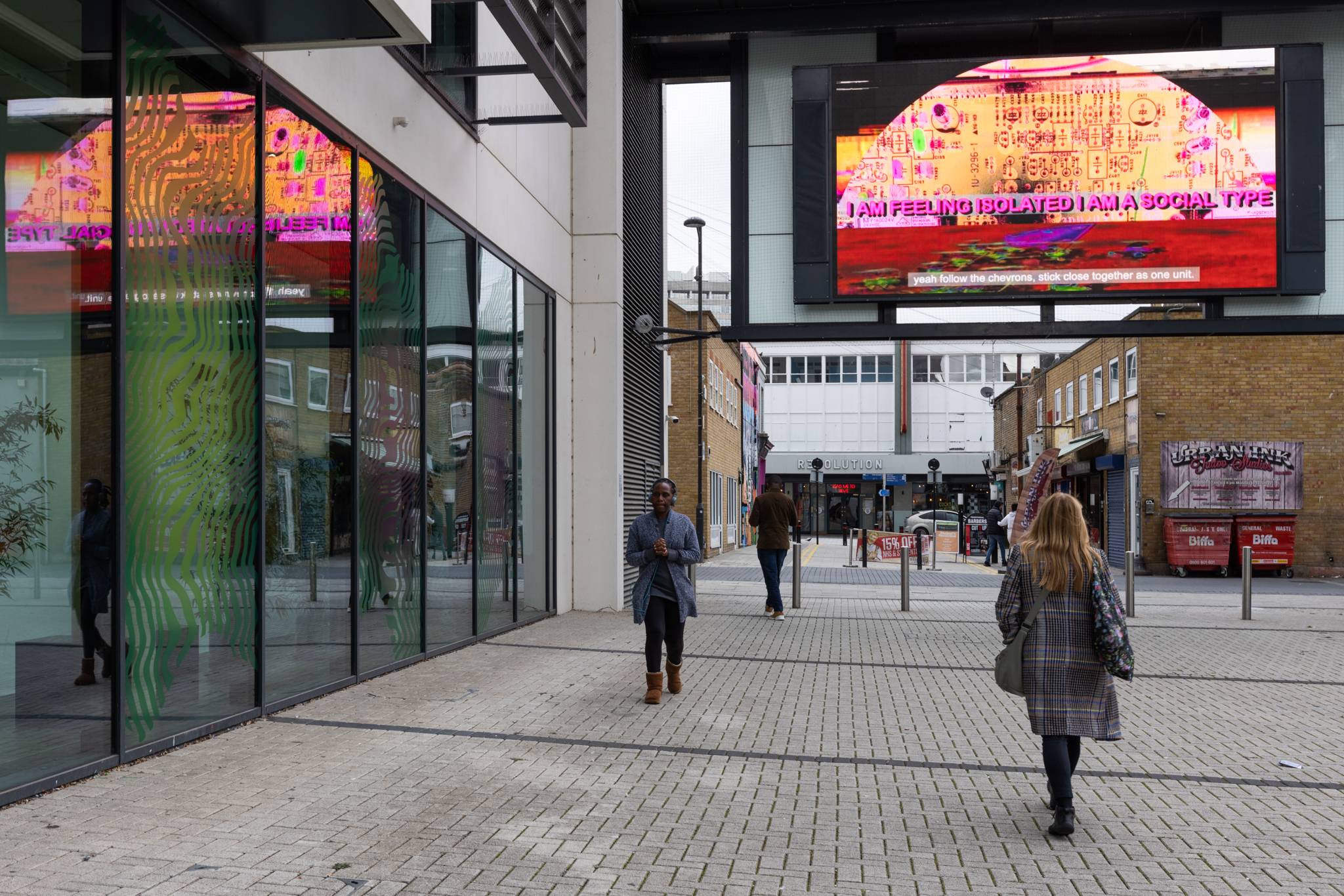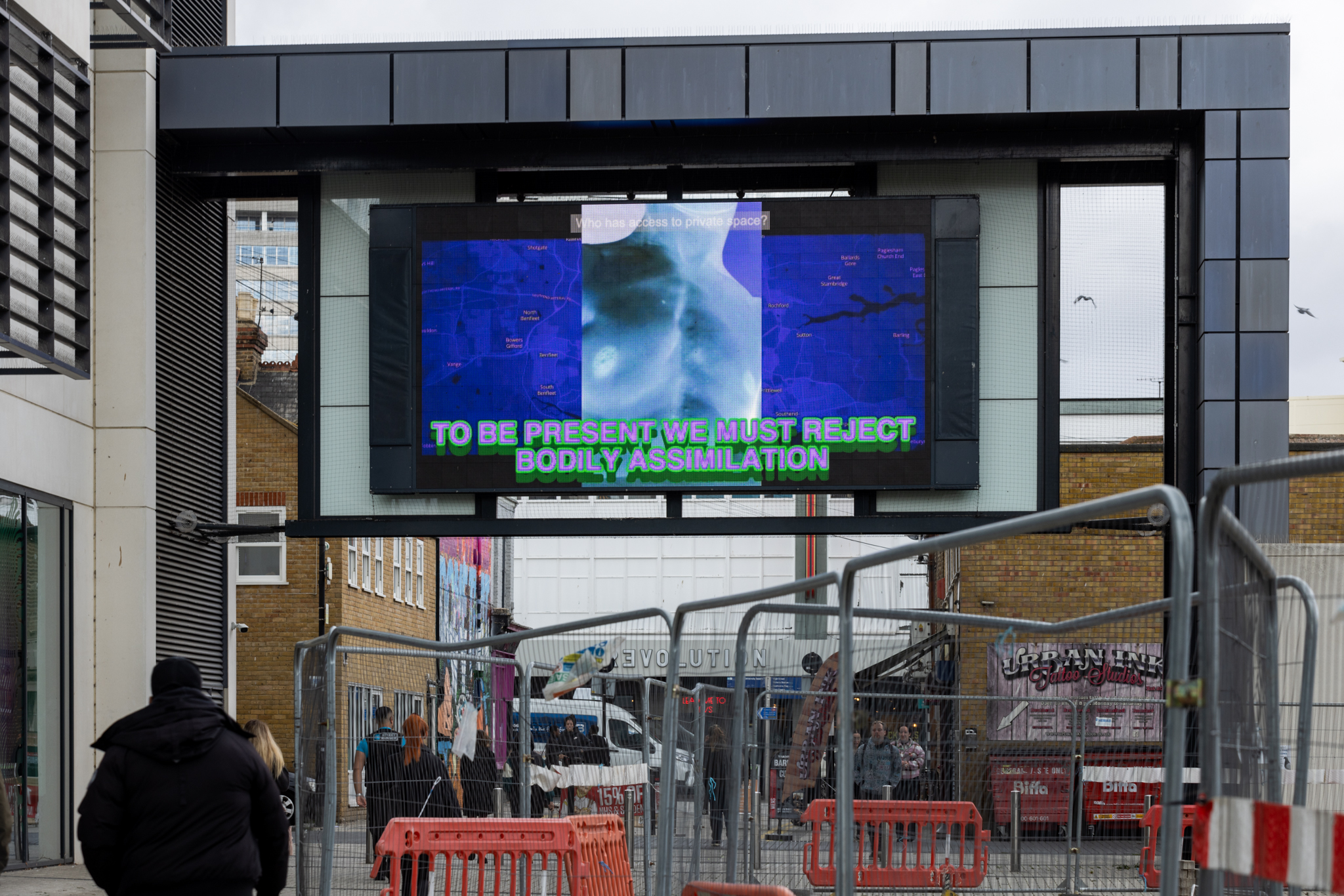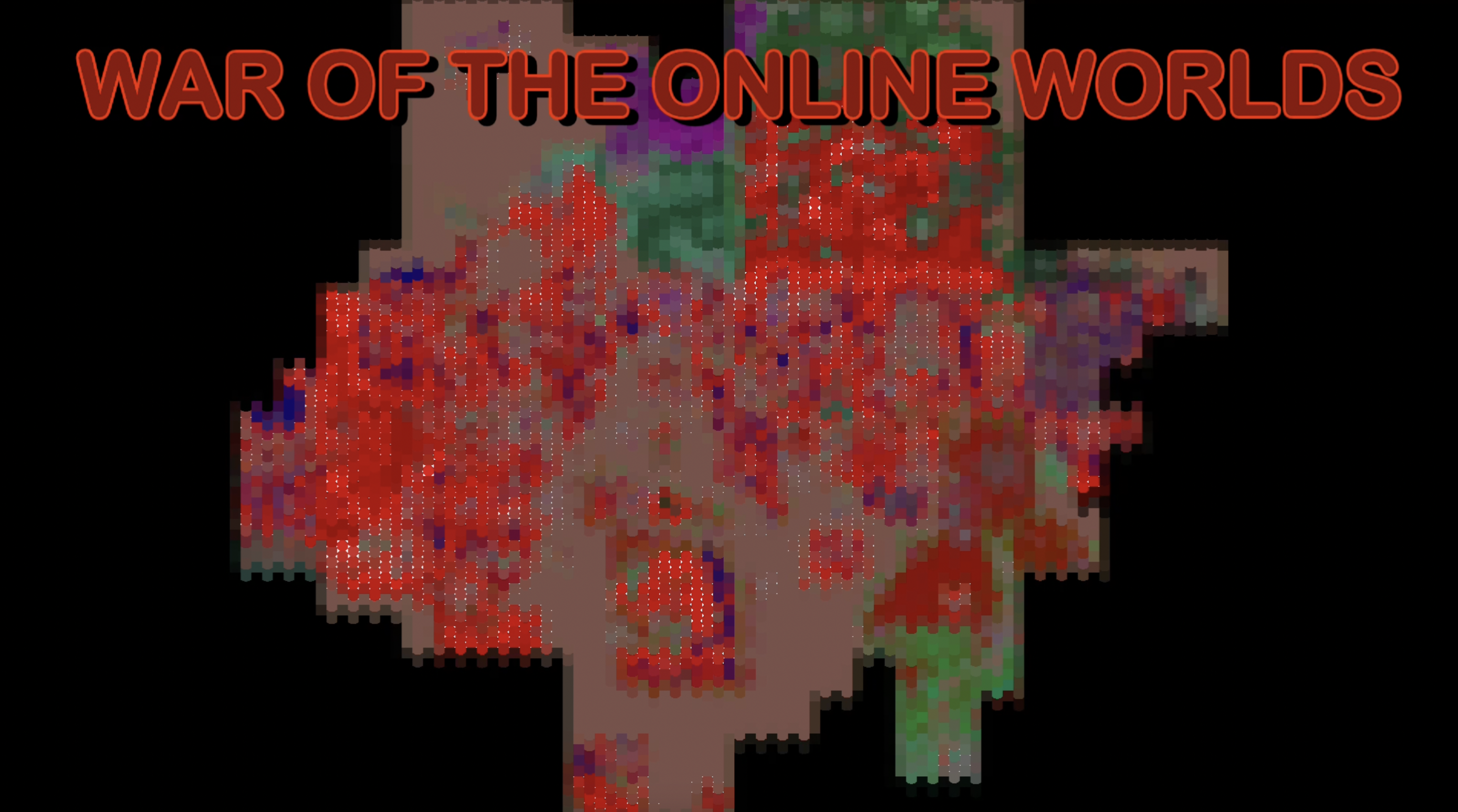GEORGE MORL
💪 WORK 📙 FILES
💪 EXHIBITIONS
📙BOOKS
🌍 NEWS 🔬 ABOUT
😲 CV 😗 CONTACT





Profiles from Essex
2022
WORK
Profiles from Essex
DATE
2022
MEDIUM
Digital HD Video and Sound
DIMENSIONS
7 Minutes 35 Seconds
EDITION
5 + 1 Artist Proof
COMMISSION
Focal Point Gallery and Wysing Arts Centre
Profiles from Essex
DATE
2022
MEDIUM
Digital HD Video and Sound
DIMENSIONS
7 Minutes 35 Seconds
EDITION
5 + 1 Artist Proof
COMMISSION
Focal Point Gallery and Wysing Arts Centre
︎ Summary
Profiles From Essex, Morl’s first artist film, explores the evolution of the network from electricity in Colchester to wireless in Cornwall, and how this has been utilised by individuals and communities to seek out resources and future. The work references the film ‘Postcards From London’ by Steve McLean which follows the life of a young man who moves from the Essex suburbs to London in search of fame, the idealised journey of queer discovery into the city, who goes onto performing the figurative aesthetics of paintings to become a male escort.
The work builds on and counters the associations of the Essex and North West as a place of migration, with the unknown enforced movement of disabled people into colonies and institutions across South Essex which formed the eugenics movement. This is contrasted to the artist’s grandmothers Basildon plotland journey and cousin who was transgender and disabled who moved to Manchester, who’s life led to the world’s first Transgender Memorial in Sackville Gardens ten years ago.
Having met Suzie once as a child, Morl’s cousin, they traced their lives through a research trip to Manchester in 2021, going on to make a series of imagined conversations to form a visual and audial archive. Contrasting physical migration with the artist generation who upload themselves online, since 2021, Morl has worked with disabled students across England, documenting audial histories, contrasting with those who use the computer as a means to ‘migrate online’ to seek out self-identity, connection, and possibility outside of albeist societal barriers.

Profiles From Essex follows a visual narration of the evolution of the network in the county from the discovery of electricity, radio and radar, to the emergence of multiplayer games, and how these have together facilitated contemporary technologies such as Roblox for resource, connection, and communication.
As a semi-autobiographical work it explores diaristic thoughts and ambitions, as well as questioning what the stake is now for individuals from families of migratory histories, in becoming an adult and navigating the challenges and polarities of these contemporary technologies, from using chatrooms and forums for sex education, Tumblr blogs for identification, YouTube for educational resources, servers to socialise, virtual game designing interfaces to collaboratively play video games, social media accounts to network, using threads to exchange advice and purchase substances to alter body appearances, to creating platforms to monetise content, and constructing and performing profiles on dating apps in the pursuit of funding more opportunities or sustaining a living.

Both supportive and detrimental, the narrative also critiques the exclusivity and structure in the construction of these spaces; from the lack of accessibility in functionality, centralisation of spaces in city locations, the categorisations and objectification of bodies, and the prevalence of ableism within these interfaces due to premise of representation, and how these are linked back to the foundations of acquisitions within museum collections.
From these Morl questions whether in order to bring about integration and mutual access we must dismantle self-representation and categorisation. Through research Morl took inspiration from Leonora Carrington who was educated in Chelmsford, who’s paintings which use mysticism, imagination and surrealism, reject binary representations.
Conversations were also had with Richard Bardtle the game co-designer of MUD, the first multiplayer game developed at Essex University, Colchester, discussing advantages of avoiding reality and representation, using text based interfaces allowing for more individual imagination as well as theories on ‘player types’ around the reasons people utilise online games.
Since 2020 Morl has been having ongoing conversations with individuals and groups, from across online server channels, within support centres, disabled students in schools, about the functionality and challenges of networks, and the opportunity within imagination and science fiction.
The film layers text based statements and visuals, combining imagery such as screenshots of webchatrooms and smartphone app message exchanges, live footage of video games and hangouts, performed audio of dialogues across servers, and manipulated archive footage of medical facilities and clubbing scenes.
Profiles From Essex seeks to explore whether, collectively for us to have social integration, we must abandon the categorisation of and representation, and move to dismantle the exclusivity of self-identified spaces.
Commissioned by Focal Point Gallery in partnership with Wysing Arts Centre for New Histories 2022.
︎ Assosiated Awards
New Histories 2022
Focal Point Gallery: Railway Bridge Commission, 2022
© George Morl 2022
Install Photography Anna Lukala